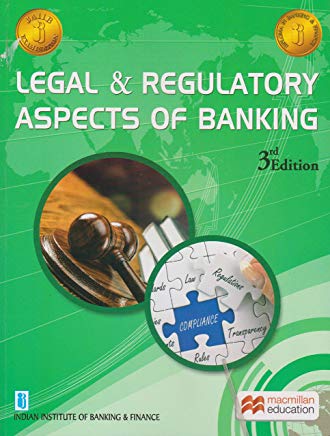JAIIB LRAB Unit 47 - Conditions and Warranties (Year: 2019)
CONDITION
If the stipulation agreed to between the parties is essential to the main purpose of the contract and is of such a nature that if the stipulation is breached (i.e. violated/not complied) then a party to the agreement would have a right to treat the contract as repudiated (cancelled) then such a stipulation is known as a condition.
WARRANTY
On the other hand, a warranty is a stipulation collateral to the main purpose of the contract. The breach of such a stipulation gives rise to a claim for damages only. The parties cannot reject the goods and treat the contract as repudiated.
- In a contract of sale of goods conditions and warranties may be either expressed or implied.
- Expressed conditions and warranties are those, which are expressly stated in the contract.
- Implied conditions and warranties are those, which the law implies into every contract of sale of goods.
- However, such implied conditions and warranties can be excluded by the parties to the contract if they agree expressly on these issues.
Caveat Emptor (Buyer beware)
Caveat means a warning, a caution. According to the doctrine of caveat emptor, the person who buys goods must keep his eyes open, his mind active and be cautious while buying the goods. In other words, the buyer must examine the goods thoroughly. Later on, if the goods do not serve his purpose or he depends upon his own judgement and he makes a bad choice, he cannot blame the seller for selling him such goods. The Sale of Goods Act also enshrines doctrine by stating that 'There is - ( implied warranty or condition as to the quality or fitness of goods for any particular purpose' except in cases specifically explained above.
JAIIB Study Material
| JAIIB Paper 1 Study Material |
| JAIIB Paper 2 Study Material |
| JAIIB Paper 3 Study Material |


